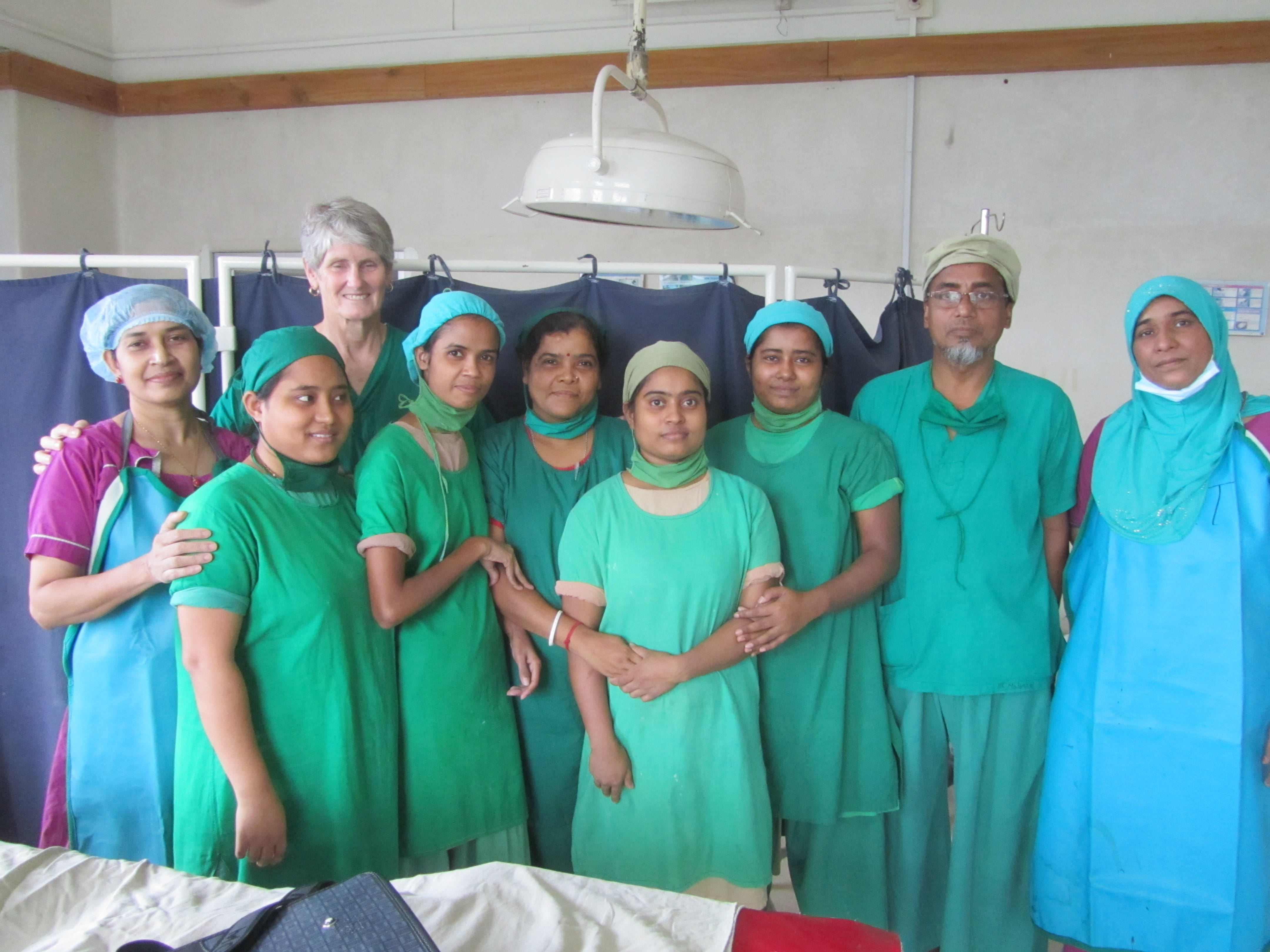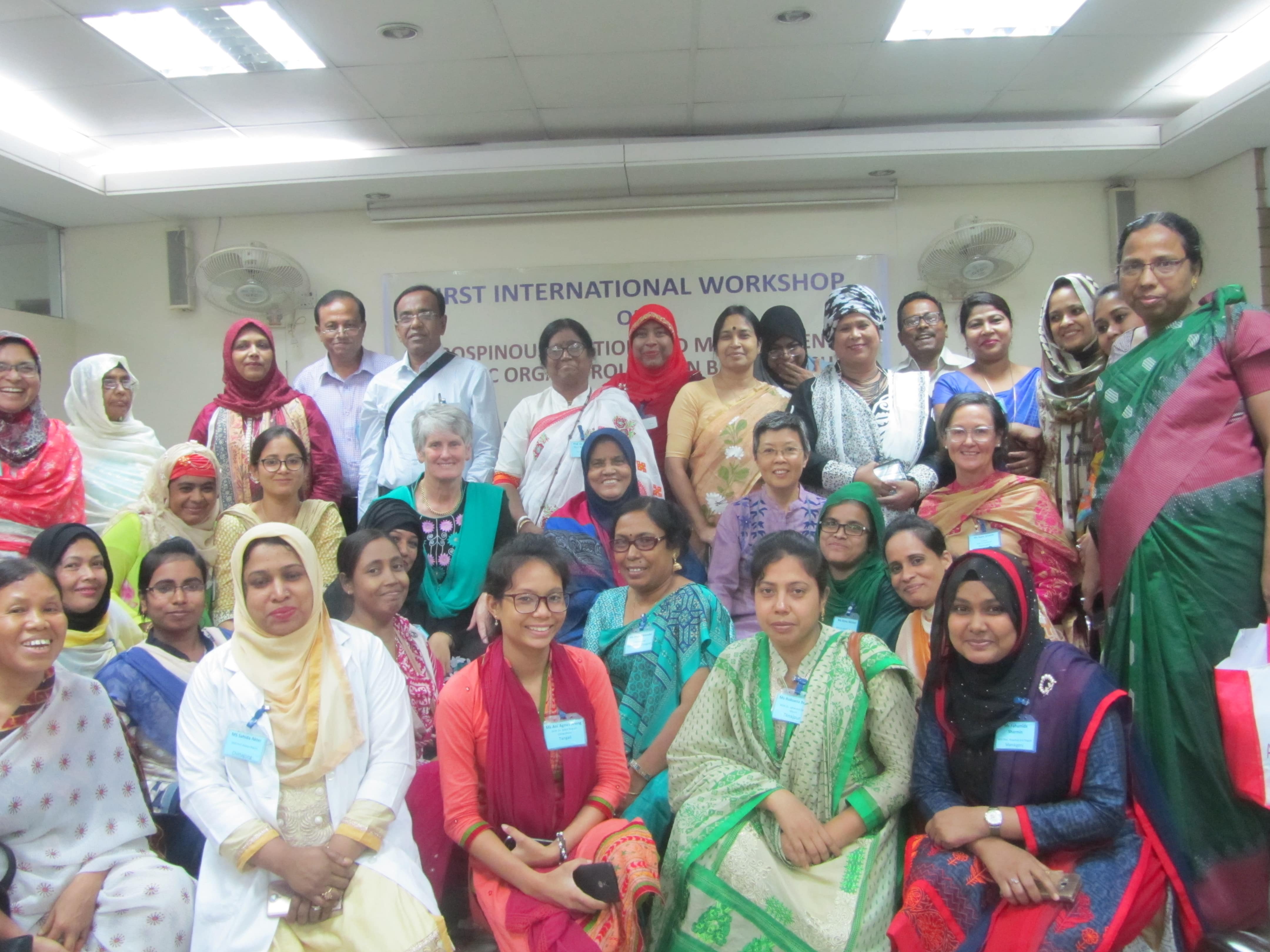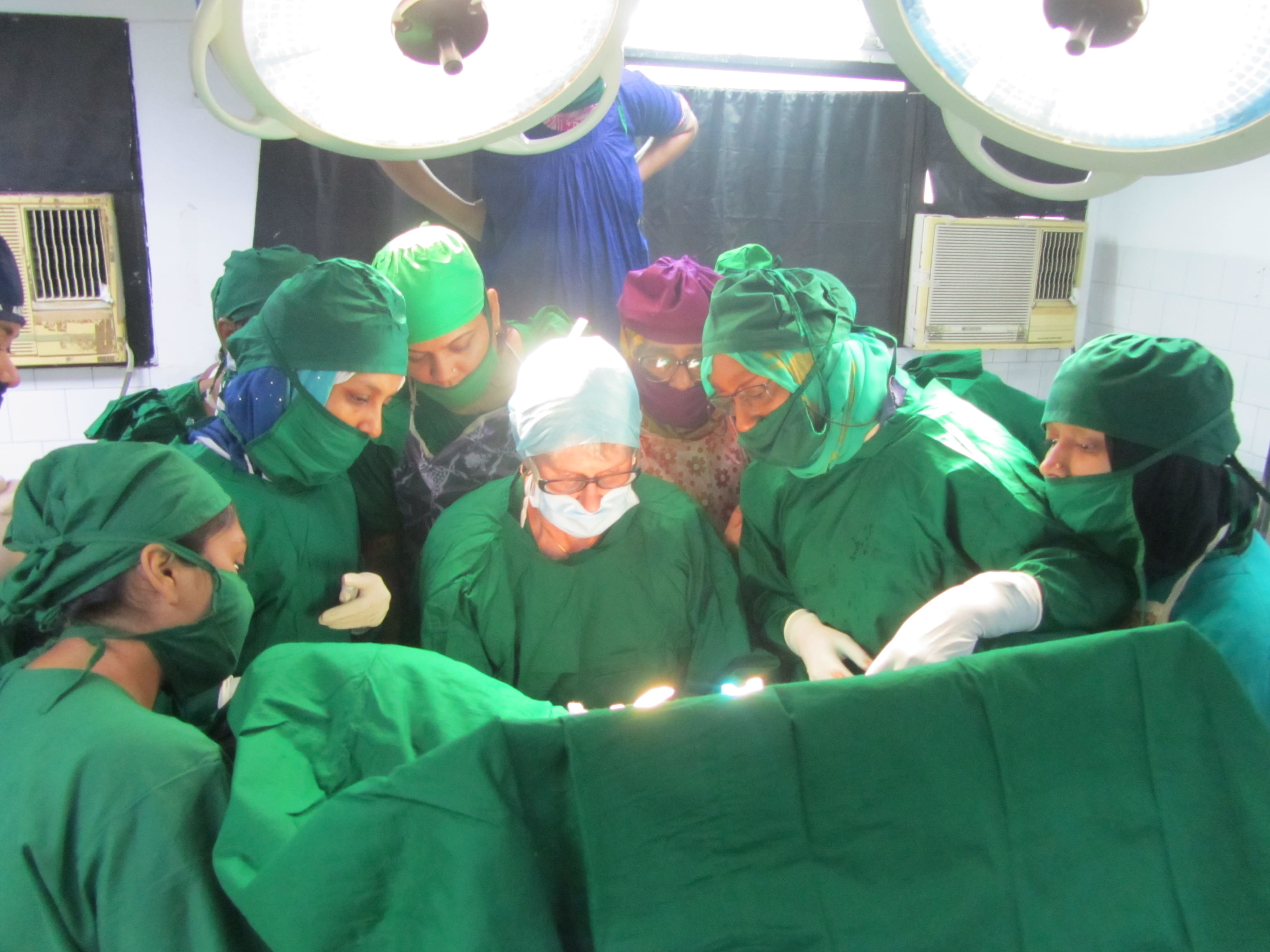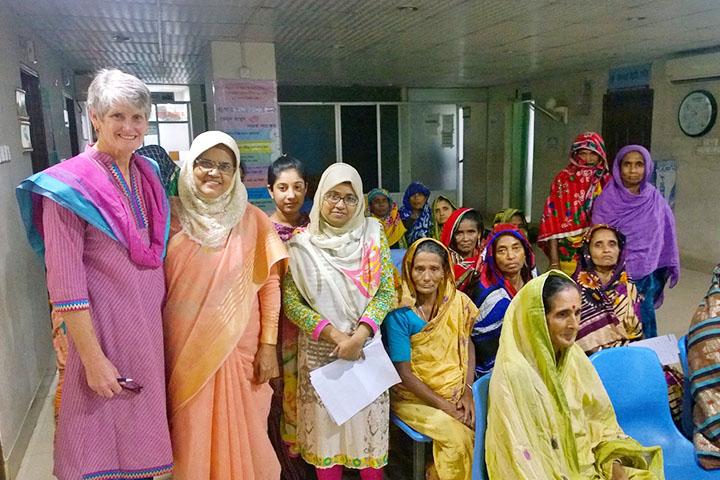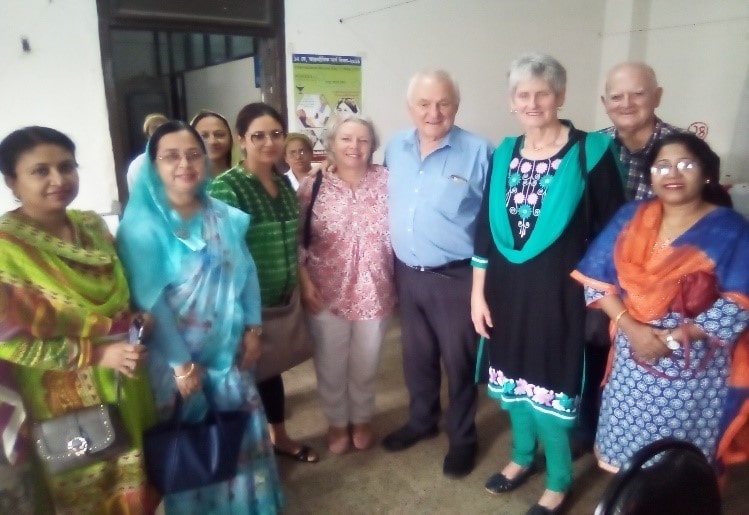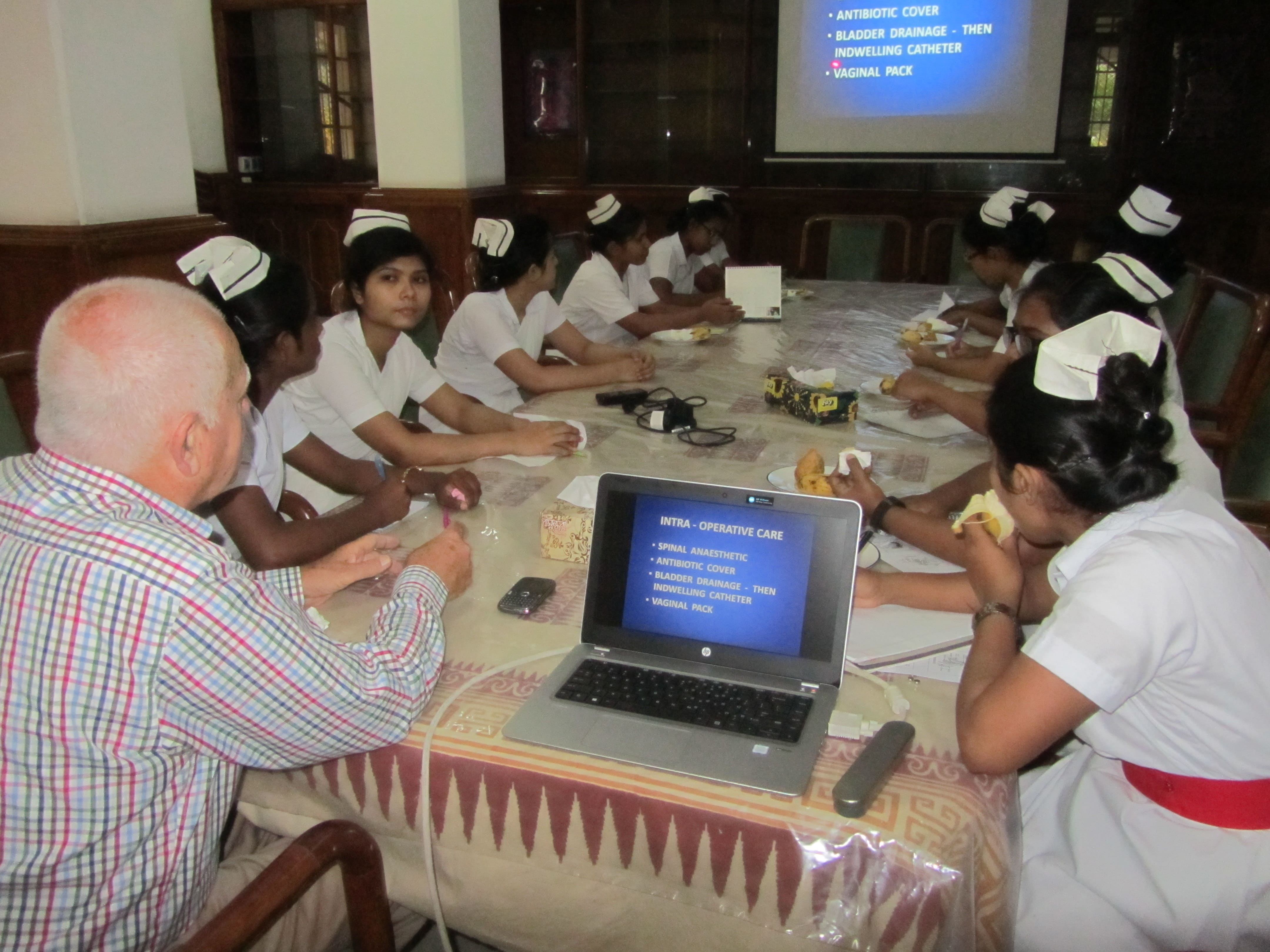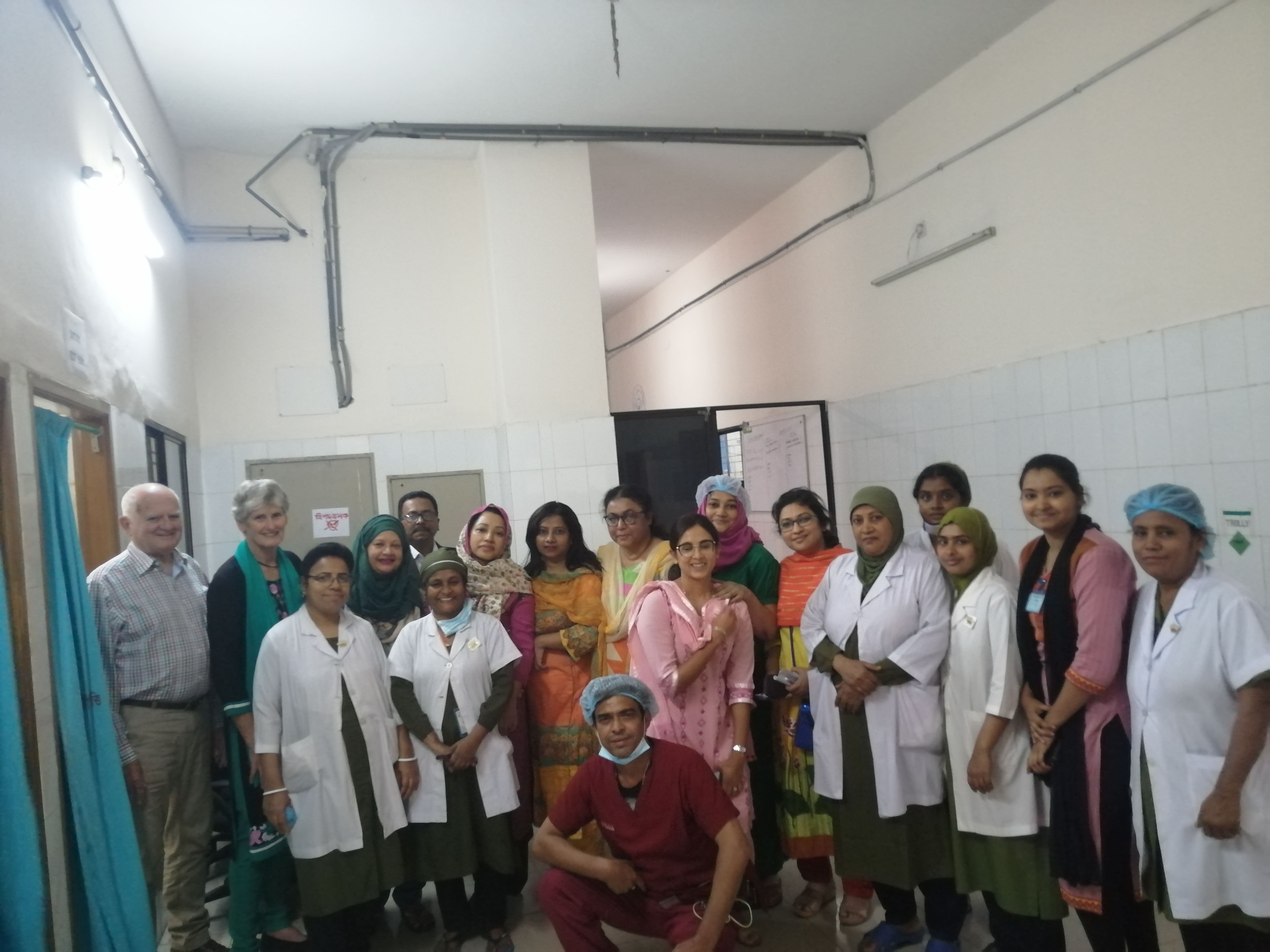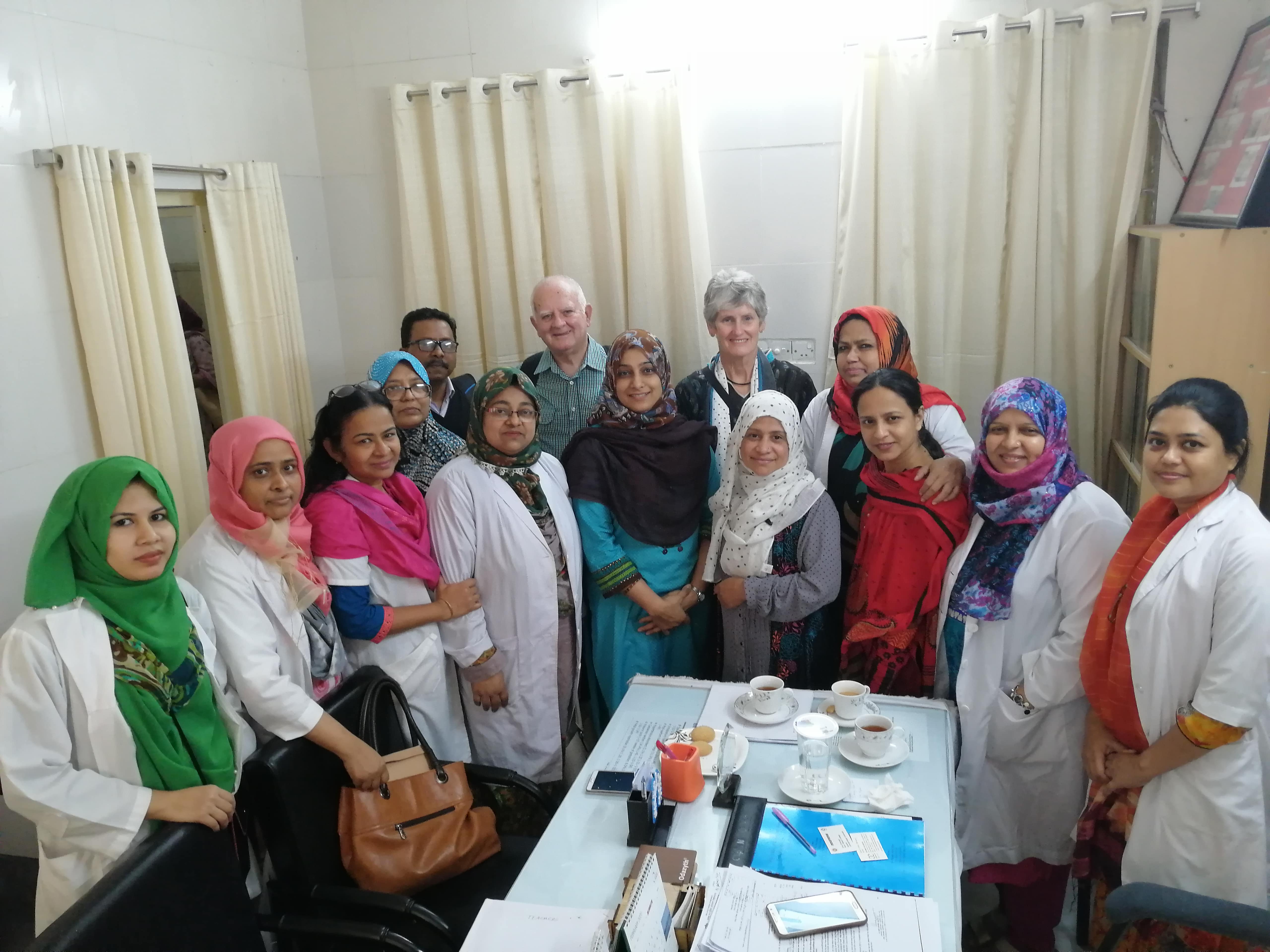
Our Projects

PROSHANTI
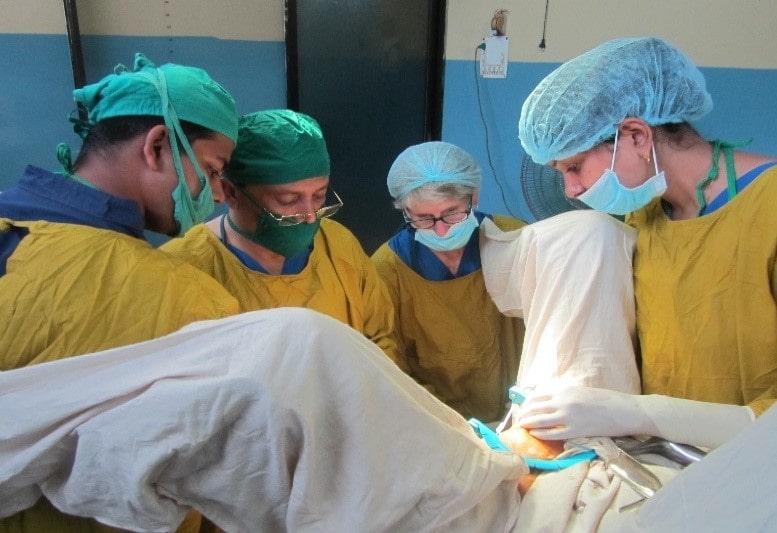
Supported by:

Every year, complications from pregnancy and childbirth claim nearly 300,000 women’s lives with an additional 3 million neonatal deaths and 2.6 million stillbirths. Moreover, millions of women and children suffer from the long-term consequences of poor maternal health and lack of access to health care. Obstetric Fistula (OF) and Pelvic Organ Prolapse (POP) are two of the most tragic and chronic maternal morbid conditions. Pelvic organ prolapse is a common urogenital problem affecting 41–50% of women over the age of 40 years. Although not life-threatening, prolapse has a significant impact on women’s physical, psychological, and social well-being and quality of life. Through the Proshanti project, IFB has established 17 health facilities in Bangladesh including 2 Government Medical College hospitals with adequately trained gynaecologists.
A team of trainers from Australia, led by Dr. Barbara Hall arranged hands-on training for all the gynaedologists and a group of nurses from each health facility on a new surgical technique called “Sacrospinous Fixation” for correction of Prolapse of Pelvic Organs (POP). This technique has been found through research more effective and of less chance of recurrence than the conventional method, which was previously practiced in Bangladesh.
Through the Proshanti project, IFB has established 17 health facilities in Bangladesh including 2 Government Medical College hospitals with adequately trained gynaecologists.

